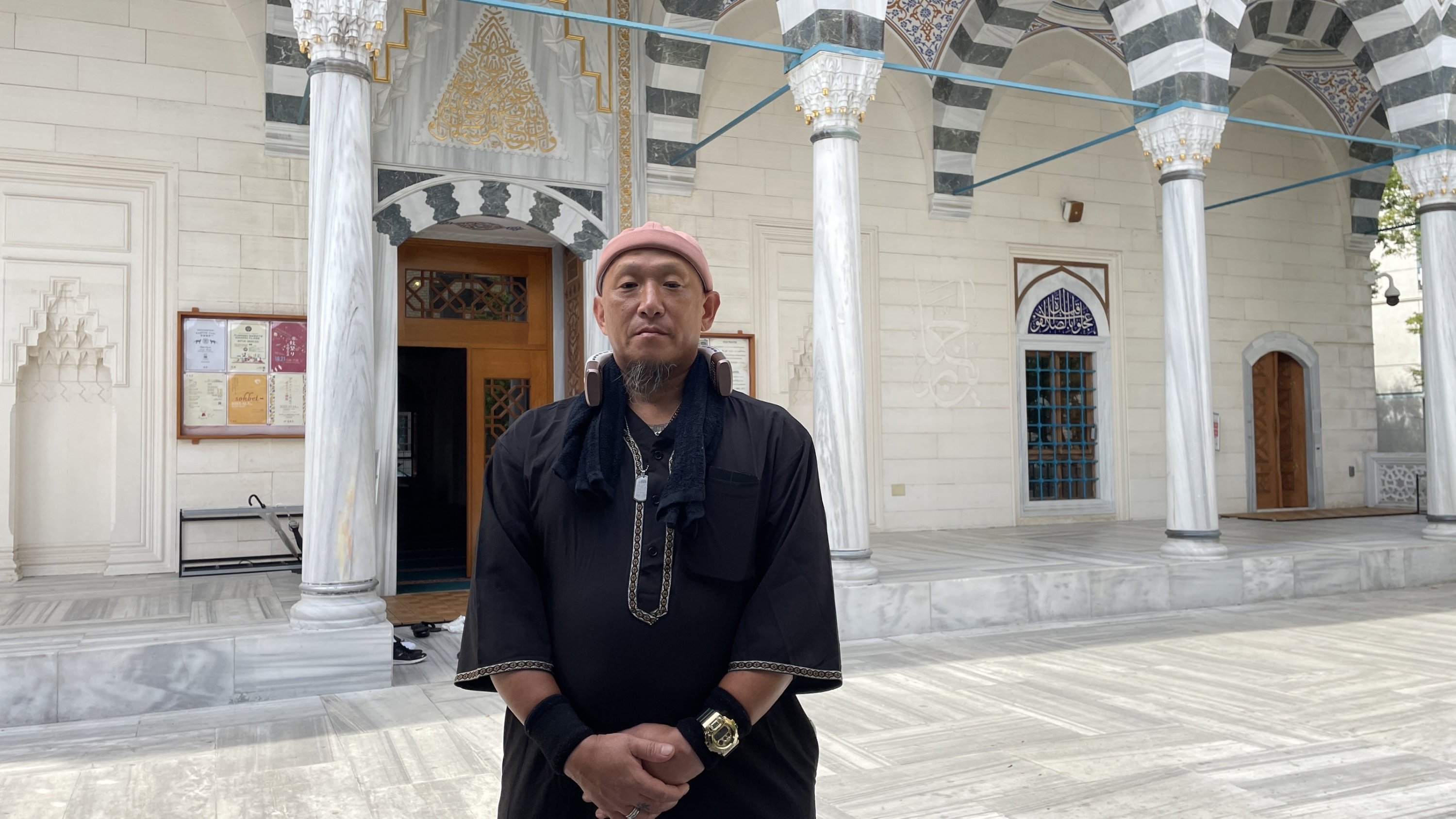© Turkuvaz Haberleşme ve Yayıncılık 2026
Tokyo's central landmark, the Tokyo Mosque, has become a welcoming destination for thousands of Japanese visitors eager to gain a deeper understanding of Islam.
Muhammet Rıfat Çınar, the imam at Tokyo Mosque, which is affiliated with the Presidency of Religious Affairs (Diyanet), shared insights during an interview with Anadolu Agency (AA) on the occasion of the Mosques and Religious Officials Week, celebrated between Oct. 1 to 7.
Çınar described how they had warmly welcomed guests to the mosque, particularly from prestigious Japanese universities such as Waseda, Keio and Meiji. These visits provide an opportunity to introduce Japanese visitors to Islamic civilization.
He noted that an increasing number of master's and doctoral students are directed toward researching Islamic topics, and among the most significant appointment requests to visit the mosque come from academics.
In addition to conducting in-person visits, Çınar has conducted remote and face-to-face interviews on Islamic subjects such as zakat, foster brotherhood and divorce in Islam.

Çınar also highlighted the scarcity of resources on Islam available in local publications. To address this gap, the Presidency of Religious Affairs has published nearly 30 reference works in Japanese, which have been distributed to over 100 mosques across Japan.
The Tokyo Mosque has witnessed a significant influx of visitors, with hundreds of individuals visiting the mosque without appointments on weekdays. The numbers soar to over a thousand on weekends when various activities are scheduled. In total, Çınar estimated that around 50,000 visitors, both with and without appointments, visit the Tokyo Mosque annually.
Çınar also took the opportunity to extend his greetings to his colleagues who played a vital role in constructing the Tokyo Mosque and continued their work there.
Among the visitors was a Japanese television broadcaster, Hashimoto, who chose to bring her filming team to the Tokyo Mosque to introduce Islamic civilization to Japanese society. She wore a headscarf while filming inside the mosque and expressed her interest in learning the intricacies of Islamic teachings. The footage she captured will be broadcast on a national television program.
Naito, a university economics student, mentioned his curiosity about the original Holy Quran and how his visit to the mosque allowed him to explore it.
Jouman, an employee of the Shibuya Municipality, had visited the mosque four times due to its proximity to his workplace but admitted he knew little about the Tokyo Mosque. He praised the mosque's beautiful architecture and shared that, when the weather permitted, he enjoyed sitting in its courtyard, listening to music.
An Indonesian organizer named Diah observed Japanese people traveling to learn about Islam during his visits to the mosque. He expressed his happiness at witnessing this cultural exchange and interest in Islam among the Japanese community.
